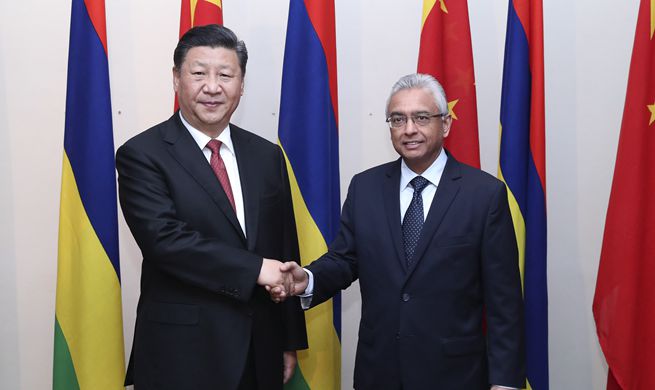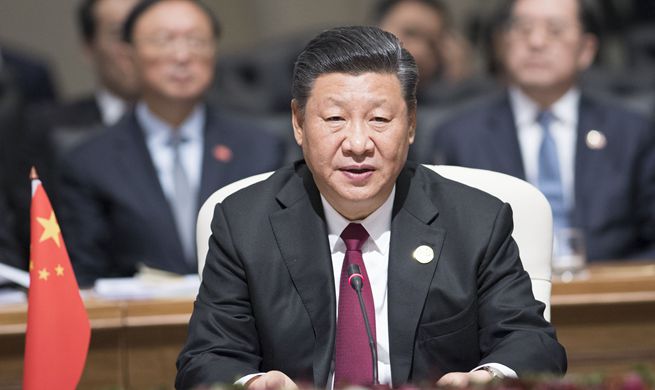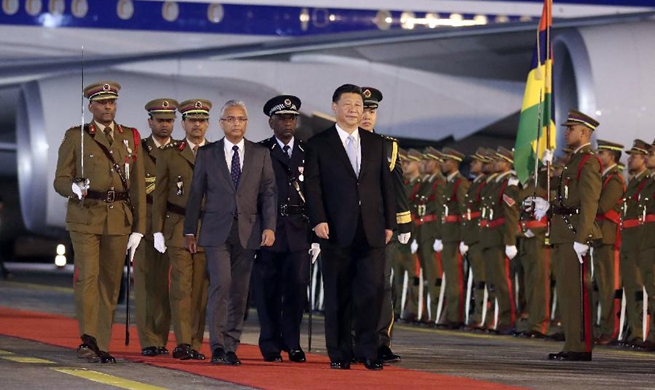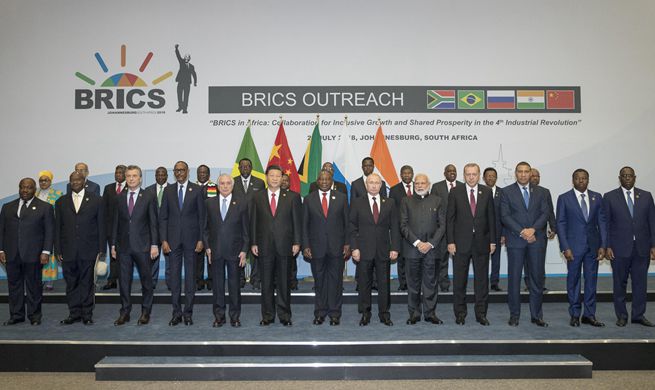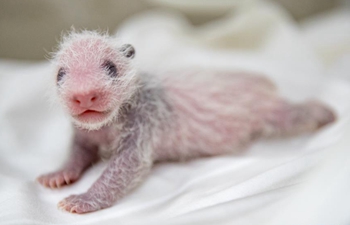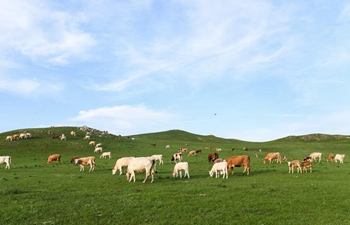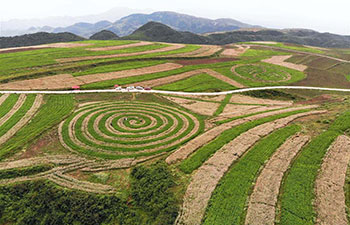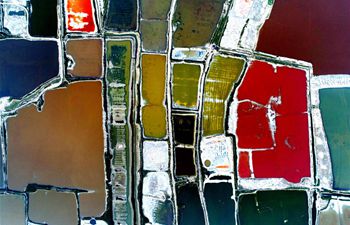by Mahmoud Fouly, Ahmed al-Afyouni
QENA, Egypt, July 28 (Xinhua) -- "Vendetta is better than shame" is a common saying in Upper Egypt, the tribal southern part of the country, which indicates how Upper Egyptian families think of the chronic tradition of blood feuds as "an honor."
The phenomenon has been prevailing in the tribal side of southern Egypt for decades or even generations, where family revenge killing equals honor, dignity and manhood, although most of the causes that triggered the enmity are often trivial, such as a quarrel about fighting kids, or a dispute over a phone recharge card.
The norm in Upper Egypt is that when a family member is killed, the family buries the body but never holds a funeral until they kill the murderer or one of his dearest family members in revenge, and the blood feuds go on.
In Upper Egypt's Qena province, Nag Ma'alla of Hugairat village is referred to as "the village of widows" for there is almost no home without a widow who has lost her husband in a blood feud or without bullet holes or traces in the walls.
Most of the village men involved in blood feuds live in the nearby mountains to escape either murder or arrest.
Widows usually dress only in black for long years as a sign of mourning and they breastfeed their babies the desire for blood revenge, said Fathiya al-Essaily, a 70-year-old woman from "the village of widows," who lost both her husband and elder son in vendetta feuds.
"A widow here would push her son for killing in revenge regardless of the consequences and the possible murder or escape of her son, because only then she would be no longer living in shame," the old lady told Xinhua at her one-storey home in Nag Ma'alla of Hugairat village in Qena.
62-year-old Mohamed Owais, also from Nag Ma'alla, lost both his brother and his 15-year-old nephew in a similar feud that represented "the most difficult moments" in his life.
"When my brother saw his boy smeared with blood and breathing his last, he lost consciousness and died and we buried them both together," Owais said while sitting outside his two-floor raw-brick house.
The blood feud, Owais continued, went on for several years until the Owais family accepted a reconciliation brokered by security authorities and popular reconciliation committees one and a half years ago.
The tradition of reconciliation in a blood feud is a kind of ceremony watched by all villagers, where the one whose turn is to be killed walks to the family whose turn is to take revenge carrying his death shroud, a white garment, in his arms.
He submissively and apologetically lies down in front of the man who is supposed to kill him as a sign of seeking forgiveness. His apology is always accepted because it is considered in Upper Egypt as shame for him and honor for the other family.
Lawmaker Hamza Abu Sehli from Qena, who lost his elder son in a blood feud with a big family, said that the recently reached reconciliation put an end to a wave of bloodshed between the two families and restored his inner peace.
"I convinced my family to accept the reconciliation urged by official and popular efforts to stop the killing circle between the two families, and my reconciliatory attitude was respected by everyone," the parliamentarian told Xinhua in the Upper Egyptian province.
Mahmoud Abdel-Mo'ez, a 65-year-old retired employee at the Ministry of Education, recalled the tragedy of losing his son during his wedding ceremony due to a vendetta feud and losing his wife who died out of grief over her son's death a few months later.
An elementary school student in Hugairat village, whose parents conditioned not to mention his name, lamented that most teachers are reluctant to show up at school due to the many surrounding feuds, noting that most students drop education at some stage.
"A lot of boys here learn how to carry guns since childhood," the boy continued with a sad tone. "I hope that we all carry pens rather than guns for the best interest of our village and nation."
Despite the cancerous tradition, the authorities, in cooperation with wise people through special committees, managed to achieve dozens of reconciliations and end bloodshed between big families over the past few years.
"The security department in Qena, in cooperation with the governorate and the reconciliation committees, managed to achieve 100 reconciliations between feuding families in the past four years," said Qena's Deputy Security Chief Alaa al-Ayyat.
In the last two years, the police also seized more than 3,000 unlicensed guns with over 20,000 bullets in Qena province, which is known as "the capital of Upper Egypt's tribes."
For his part, Governor of Qena Abdel-Hamid al-Haggan said that the political leadership puts the elimination of blood feuds as one of its priorities in Upper Egypt, particularly in Qena.
He stressed that such disputes negatively affect the nation's struggle for progress and development.
"The good traits and values of Upper Egyptians, including forgiveness, contributed to the rising number of reconciliations that reflects a positive change in Upper Egyptian cultures and thoughts," the governor told Xinhua.






